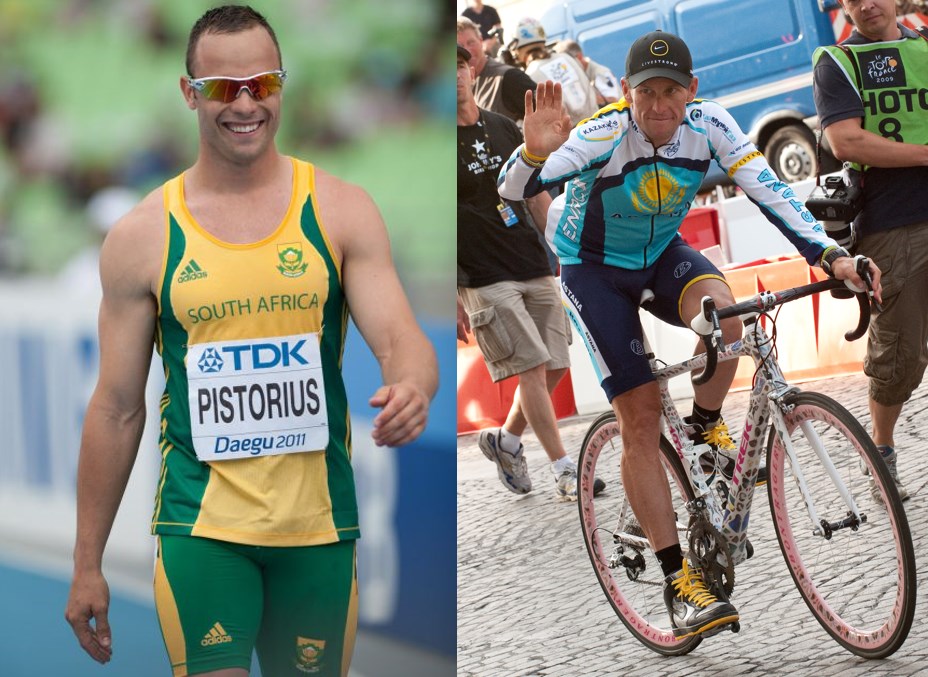Without a doubt, the biggest cheaters in sports are the Americans. Last week, Alex Rodriguez, one of the best players in baseball history but also one of the most controversial figures in all of sports for his involvement in the biogenesis scandal, retired from the sport to almost zero fanfare compared to other sportsmen who share his statistical dominance.
Western societies are ready to take down sporting heroes from their pedestals, even those who have transcended sports. Lance Armstrong and Oscar Pistorius are two fine examples of disgraced heroes who once touched billions of lives across the world.

Amongst the litany of things (and the list is very, very long) that are going wrong in Rio, the worst problem may be the presence of Russian athletes at the games despite the World Anti-doping Agency’s investigative findings that the country runs a state-sponsored program to cover up all of its positive samples.
The saving grace of the Rio Olympics may be the solidarity shown by clean athletes across the world who are not only angered by cheats taking their deserved glory, but are just trying to save their sports from scepticism and disgrace. Spectators in Brazil are also sick of cheats, heckling every Russian athlete in sight, as well as other former drug cheats such as 100m track and field silver medalist Justin Gaitlin.
But self-proclaimed distance swimming king Sun Yang, who would have obliterated his opponents last weekend if not for flu-like symptoms, thinks he plays on a different playing field. Sun is a convicted drug cheat having served a three-month doping suspension handed down by the Chinese Swimming Association in 2013, although the organisation kept it secret.
When his Australian rival Mack Horton called out Sun and made a factual statement that he is a drug cheat, Chinese netizens decided that it was a national duty to defend Sun, trolling Horton and all things Australian on social media. Of course, when a horde of Chinese netizens gathers, there is the compulsory demand for an apology — the modern day kowtow I suppose.
There have been some rumblings by academics that it is not good for Hongkongers to cheer Team China’s rather mediocre performances. These academics must put things in perspective. Sun’s debacle is more than a sporting misfortune. In a way, it epitomises the differences in morals and values between Hongkongers and mainland Chinese that is causing our furthering divide.
The systematic cover-up of a cheating athlete, the refusal to lose “face” despite being squarely in the wrong, the perception that the West is always out there to discredit China, the mobilisation of Chinese netizens to flood a message until it becomes the truth, the obnoxious behaviour of Chinese netizens who thinks the world owes them something. This is the same machinery that we have been seeing again and again in different aspects of politics.
The fact is, most Hong Kongers are not anti-China. We shared the joy of Fu Yuanhui and the genuineness she portrayed. We felt ethnic pride when the world saw Michael Phelp’s back and googled the ancient Chinese therapeutic treatment of cupping.
Are Hong Kongers less proud and nationalistic about China’s achievements on the world’s stage? There is no evidence to suggest such a claim unless we are expected to champion a drug cheat as our sporting hero.
